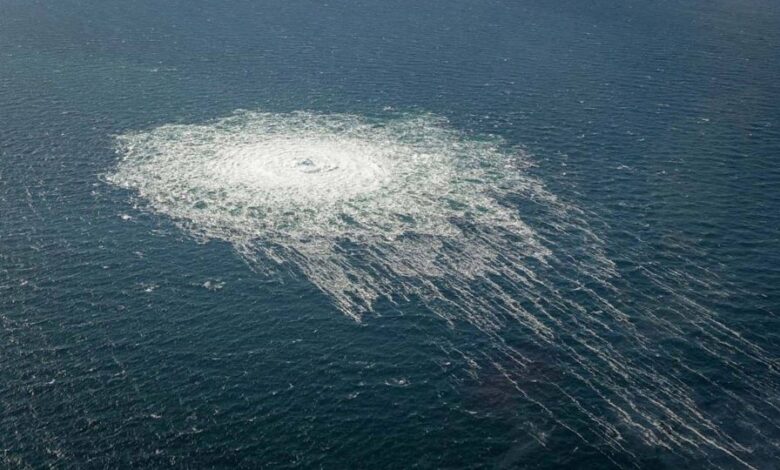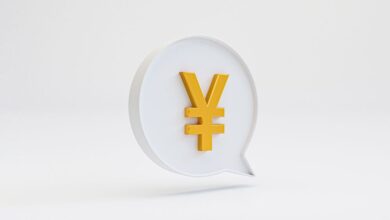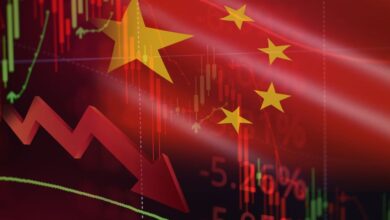Swedish investigator warns of new developments in Nord Stream case — EnergyWatch

There will soon be a new development in the investigation into the sabotage of the Nord Stream 1 and 2 gas pipelines, prosecutor Mats Ljungqvist, who is leading the Swedish investigation into the case, tells the local newspaper Expressen.
What is new, however, the prosecutor will not say yet.
The Swedish investigation is being conducted in close cooperation with the German police, who are also conducting an investigation into the case.
”I can’t say whether it will be tomorrow, Wednesday or Thursday, but a decision is definitely on the way,” Ljungqvist says to Expressen.
Swedish police are investigating it as a case of aggravated sabotage.
According to Expressen, the Swedish Ministry of Justice was notified of the upcoming decision last week.
The newspaper has asked the prosecutor whether the decision means that the investigation will be closed, that charges will be brought or that someone will be remanded in custody.
Ljungqvist cannot answer that at this point.
The prosecutor has previously declined to answer whether anyone is a suspect in the case.
The case dates back to the fall of 2022.
On Sept. 26, 2022, at 02.03 am, an explosion was recorded at Nord Stream 2 southeast of the island of Bornholm. And at 7:03 pm, an explosion was recorded at Nord Stream 1.
Subsequently, four holes were found in three gas pipes.
The Russian gas company Gazprom is majority shareholder in the two companies that own Nord Stream 1 and 2, and the case was quickly linked to Russia’s war in Ukraine.
But so far, it has only been a matter of speculation when possible perpetrators have been discussed in public.
Like the police in Germany and Sweden, the Danish police are investigating the case.
Two of the gas pipeline leaks occurred in Denmark’s exclusive economic zone, while two occurred in Sweden’s exclusive economic zone in the Baltic Sea. All leaks occurred in international waters.
The fact that some of the leaks occurred in Denmark’s exclusive economic zone means, for instance, that Denmark has had the right to decide who should take part in the investigation for that part of the case.
Translated using DeepL with additional editing by Kristoffer Grønbæk
Source link



